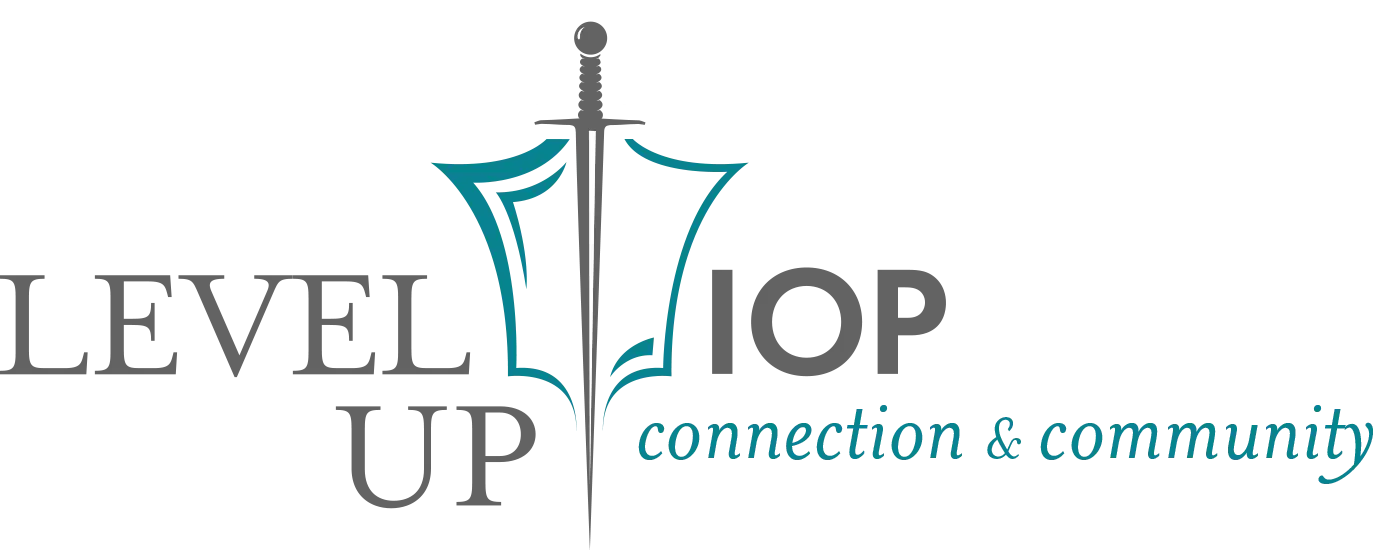Thank You, Tiffany Naccarato, for Joining Level Up IOP, SUDC Group, and Sharing Your Recovery Story
Thank you, Tiffany Naccarato, for sharing your incredible story of recovery and resilience with the Level Up IOP SUDC group.
Tiffany’s journey, filled with trials, triumphs, and unwavering hope, deeply inspired all of our students and left a lasting impact on our community.
Table of Contents
Below is an interview with Tiffany Naccarato by The Other Side of Addiction several years ago.
She connected with those who wanted to be better parents and build their relationships with their children.
She inspired hope and resilience while emphasizing the importance of self-love, finding joy, envisioning a brighter future, and embracing who we are.
Her vulnerability and dedication to helping others illustrated the profound power of transformation and the unbreakable bond of community support.
Thank you, Tiffany, for reminding us all that recovery is possible and is a path of growth, courage, and endless possibilities.
Navigating the Journey of Recovery: Insights from Tiffany Naccarato’s Story

In today’s fast-paced world, stories of resilience and recovery offer a beacon of hope to many.
One such inspiring narrative is that of Tiffany Naccarato, whose journey through substance misuse and mental health challenges to long-term recovery provides invaluable lessons on transformation and perseverance.
Embracing Change Through Self-Reflection
Tiffany’s story begins with her candid recounting of personal struggles rooted in a turbulent childhood marked by her parents’ divorce.
This early instability led her down a path where she grappled with self-esteem issues and identity crises—common precursors for many facing similar challenges.
Her adult life was further complicated by significant events like discovering challenges in her marriage, which pushed her deeper into addiction.
However, these very adversities catalyzed pivotal moments leading to change.
Tiffany shares how spiritual awakenings prompted introspection and ultimately motivated her decision to seek help—a crucial turning point marking the onset of sobriety.
The Power of Visualization
A standout aspect of Tiffany’s recovery process is the emphasis on visualization and goal setting.
She vividly imagined herself as an advocate standing confidently in courtrooms—a dream that eventually came true.
By visualizing success, she transformed aspirations into reality, transitioning from living in modest accommodations to renting a home that she pays for.
This practice underscores the transformative power inherent in envisioning one’s future positively—a technique applicable beyond recovery contexts to any area requiring motivation or change.
Finding Joy in Everyday Moments
Central to Tiffany’s narrative is finding joy even amid struggle—a philosophy encapsulated by starting each day with activities that make one’s heart sing.
For those navigating recovery, this might mean celebrating small victories like brushing their teeth daily or enjoying simple pleasures like spending time outdoors.
These seemingly minor acts become significant milestones when viewed within broader journeys toward healing—reminding us to appreciate life’s simpler joys despite ongoing battles we may face personally or professionally!
Advocacy & Service Work: A Pathway Forward
Integral parts underpinning individual growth during challenging times include engaging within communities via service work—as demonstrated throughout Tiffany’s involvement at USARA (a statewide nonprofit).
She also does life coaching, her business is, “Real Life Mentoring.” Tiffany is engaged fully in hosting empowerment workshops and also meeting with individual clients to achieve their goals.
Herein lies another lesson worth noting; helping others fosters communal bonds and reinforces personal resolve while nurturing empathy across diverse experiences faced collectively!
Action Steps for Individuals: Embracing Recovery and Advocacy
1. Share Your Story
Begin by sharing your personal journey towards recovery, highlighting pivotal moments that led to change.
Encourage others to share something positive that made their heart sing today, fostering a supportive environment.
2. Practice Visualization and Goal Setting
Use visualization techniques to imagine future achievements, helping turn dreams into reality.
Set realistic goals for both short-term accomplishments (like daily self-care) and long-term aspirations (such as career milestones).
3. Engage in Self-Reflection
Regularly assess the eight dimensions of wellness—environmental, vocational, intellectual, physical—to maintain holistic balance.
Adapt priorities as needed to ensure ongoing personal development.
4. Advocate with Compassionate Language
Promote person-first language in discussions about recovery; use terms like “recovery date” instead of “clean date.”
Engage in advocacy efforts within community settings such as schools or courts to foster understanding and empathy.
5. Participate in Service Work
Find joy through service work that resonates with your passions—whether it involves working with people or animals.
Consider becoming a certified peer support specialist to empower others using your lived experiences.
6. Focus on Rebuilding Relationships
Take steps towards rebuilding trust and connections with loved ones through open communication and consistent actions.
Be flexible in parenting approaches by accommodating the unique needs of each child while maintaining boundaries.
7. Join Support Networks & Workshops
Attend mutual aid meetings or empowerment workshops focusing on self-love and visioning for the future.
Connect with organizations like USARA for training opportunities that enhance advocacy skills.
Conclusion
Embrace resilience through shared narratives and compassionate advocacy efforts aimed at transforming individual lives while supporting broader systemic changes within communities.






